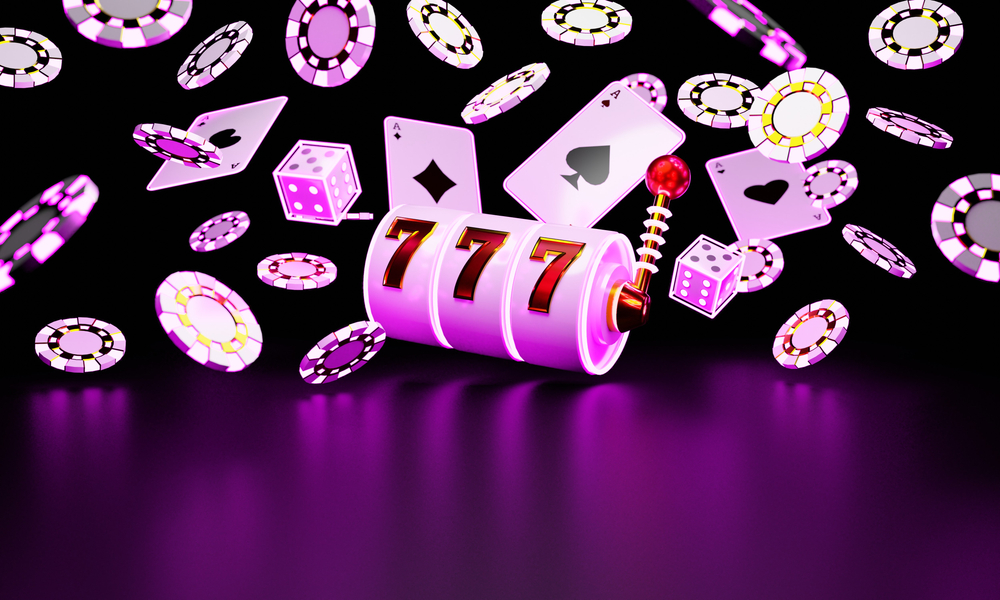
Have you ever wondered what really goes on behind the scenes when you play your favorite casino games? The thrill of the spin or the shuffle, the anticipation of a big win or a devastating loss – it's all part of the enchanting experience that draws millions of players to casinos both online and offline.
But have you ever stopped to think about the intricate mathematics and probabilities that lay the foundation for these games? Every casino game has its own set of odds, carefully crafted to ensure a fair and balanced playing field. Today, we'll embark on a journey to unravel the mysteries behind these odds, uncovering the secrets of the house edge and exploring the factors that influence your chances of hitting that elusive jackpot.
Understanding the House Edge
The house edge – a phrase often whispered among seasoned gamblers – ultimately determines how much the casino expects to win, on average, from each wager placed. It is the subtle but ever-present advantage that provides casinos with their profits, while still allowing players the possibility of winning.
Let's explore some popular casino games and their associated house edges:
- Blackjack: With proper strategy, the house edge can be as low as 0.5%.
- Roulette: The house edge varies depending on the version played, ranging from 2.7% to 5.26%.
- Slot Machines: The house edge can vary greatly, typically ranging from 2% to 10% or more. Progressives usually have higher edges.
- Poker: Unlike other games, poker is not played against the house but against other players. Instead, the casino charges a small fee, known as the “rake,” which influences the odds.
Influencing Factors
Several factors contribute to the odds of winning in a casino game. Understanding these elements can help you make informed decisions and potentially improve your chances.
- Game Rules: Each game has its own unique set of rules that directly affect the odds. Familiarize yourself with the intricacies of the game you're playing.
- Strategy: Employing the right strategy can significantly reduce the house edge in certain games like blackjack or video poker.
- Return to Player (RTP): The RTP percentage indicates the average return to players over an extended period. Opt for games with higher RTP percentages for better odds.
- Volatility: The volatility of a game determines how often and how much it pays. High volatility games offer larger but less frequent wins, while low volatility games offer smaller but more frequent wins.
Conclusion
Next time you enter the thrilling realm of casino gaming, armed with this newfound knowledge of odds and probabilities, you'll be better equipped to navigate the sea of games and make informed choices. Remember, understanding the house edge and the factors affecting a game's odds is just one piece of the puzzle. Enjoy the excitement responsibly, set limits, and remember to gamble for entertainment rather than seeking guaranteed riches.































